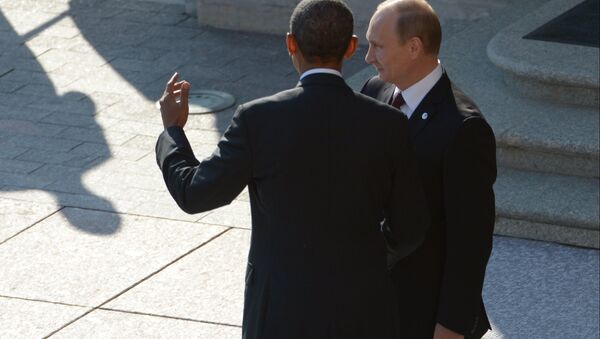In a week of a ceasefire in Syria and an anniversary of Minsk II Agreement, several notes are to be taken. The article takes short-term relevance of any war occurrence as prior to any other international relations issue due to its intensity and level of impact.
Some sort of exchange is necessary, so the real question is: what sort of it is most desirable for each case? What is it all for? Which of variations leaves the smallest amount of controversy? As it was mentioned in the beginning of the first paragraph, it’s known there are two great wars that include direct involvement of Russia and the United States on the opposing sides at the moment.
I am going to analyse each of them separately in further paragraphs. How should a deal be achieved in both situations? In Ukraine, if we take starting position, where there are pro-Russian rebels confronting Maidan government, I will seek for an interesting solution.
The nationalist tendency of separatist movement won’t give their regions justifiability to claim independence or union with Russia. However, with centralist and controversial regime in Kiev, there is striking evidence that Ukraine should be reformed.
Nevertheless, it’s important to note that Ukrainian compromise seemed a lot easier to be achieved than one in Syrian war. What about that war? Its compromise seems to be much harder to reach, and the end of that war seems even more distant than that. How? Well, an important distinction should be made: between an area of conflict where compromise could be reached, and area where couldn’t.
It’s very obvious that worldview of Daesh (ISIS/ISIL/Islamic State) makes their policy nonnegotiable. It left only Assad regime and Syrian moderate opposition on the table. More noteworthy, it had made conditions for a deal that has been signed recently: a ceasefire agreement between Russia and the US.
What should be an aim in the more or less far future is something Assad has already agreed upon. I’m talking about transitional government ruled by Assad and his circle. He is the only one who can save the principal unity of the country.
However, he must be aware that he can’t hold power with the strong hand anymore. In other words, political rights must be given to both Sunnis and Kurds as much as Alawites has already had. After several years, free elections should be ultimately held.
Policy driven by conservative, nationalist or religious interests can easily be misused as it has flaws in its roots. Even Hungary for example, by its constitution defined as the national state, has manifested such flaws recently. What then to say for some of the Middle Eastern countries? All in all, tendency is obviously to apply similar compromise principle to each conflict.
Compensations should be avoided at all costs. It is some sort of peace strategy that is more important to be implemented than any exchange program between powerful countries, as the second alone is just the sort of imperialist business.
Instead, powerful countries should take responsibilities for their position. Why is that? Simply, we may conclude that compromise is necessary for peace, peace isn’t out there for any sort of compromise! Otherwise, negotiations with an ideology of war, namely Daesh, would be acceptable as well.




